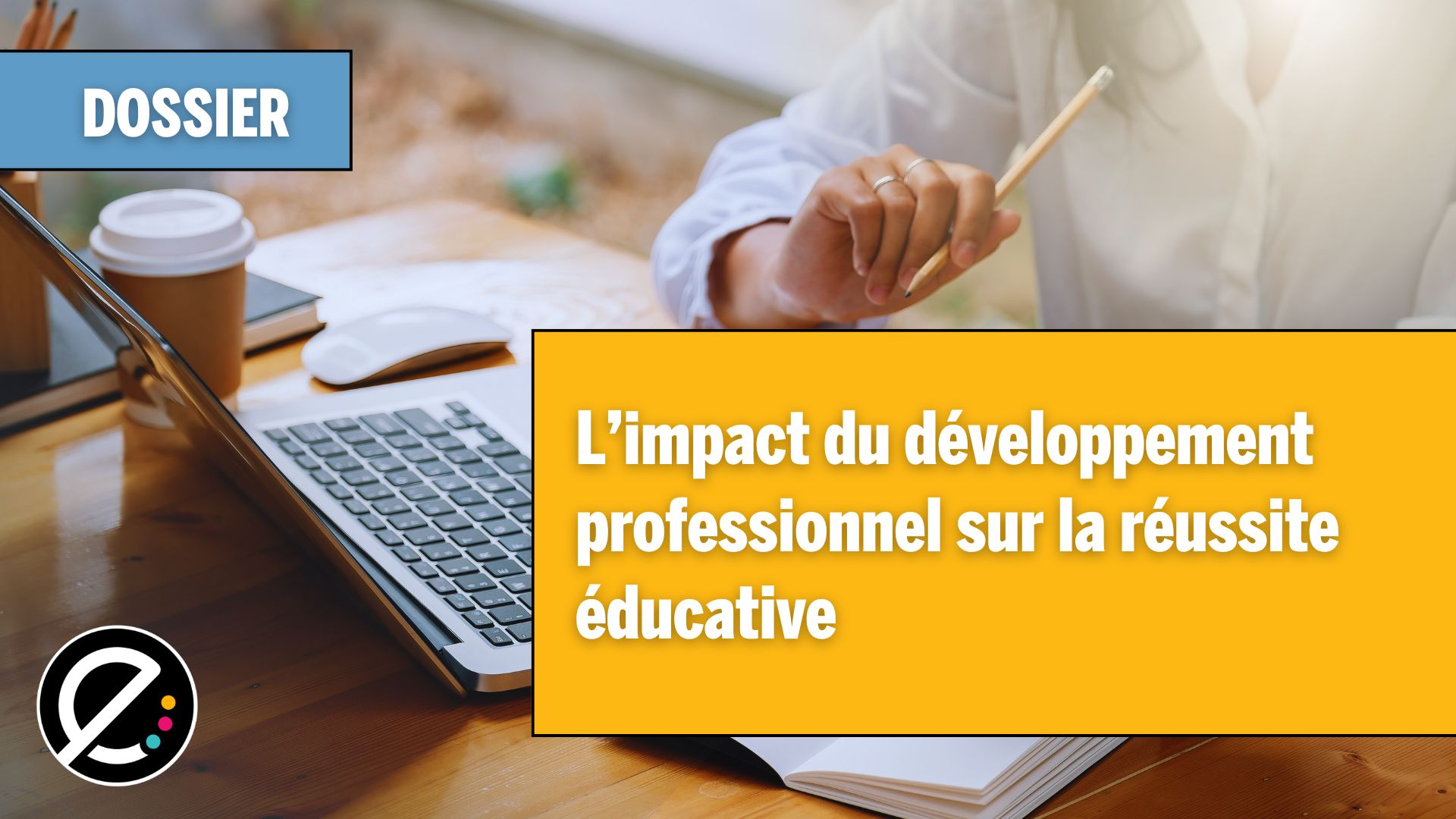De courtes séances de formation offertes par un expert ou des échanges prévus sur un sujet précis : voilà ce que proposent les « webinaires », les séminaires en ligne modernes. Portrait d’une façon de partager des connaissances à l’ère 2.0!
Le partage de nouvelles connaissances ainsi que les échanges concernant de nouveaux outils technologiques et modes d’apprentissage sont essentiels dans notre milieu en constant changement. À une certaine époque, les séminaires ont grandement contribué à ce type d’échanges, mais à l’heure du 2.0, c’est le « webinaire » qui constitue une plateforme des plus intéressantes. Certains sites offrent même gratuitement ce genre de services.
Par exemple, chaque semaine, le site américain Education Week propose gratuitement un webinaire (en anglais) d’une durée d’une heure, animé par des professeurs universitaires, des gens du milieu des nouvelles technologies ou des consultants du milieu de l’éducation. Ils y partagent leur savoir et leur expertise à propos de l’intégration des technologies dans les salles de classe et des impacts de l’encre digitale dans le processus éducationnel, entre autres.
Ces webinaires offrent également la possibilité aux participants d’exposer les façons d’opérer à l’intérieur de leur propre institution.
Pour assister à de telles présentations (généralement offertes en journée), il faut d’abord se rendre sur le site d’Education Week dans la section Webinar, s’inscrire au webinaire de son choix et se connecter à la date et à l’heure annoncées.
Créer ses propres webinaires
De plus en plus, le webinaire et les plateformes de partage de connaissances et de savoir sont utilisées en entreprises, mais aussi en milieu scolaire (tant au niveau de la pédagogie que de la gestion). Des sites comme Google Hangout ou Webikeo offrent notamment la possibilité de créer ses propres webinaires, en plus des autres plateformes de visioconférence telles Via, Webex, Adobe Connect, etc.
Le développement d’un riche espace collaboratif ainsi que d’un réseau social d’expertise sont au cœur de la popularité des webinaires. Ils rendent possible la réunion de tous les effectifs d’une organisation ou d’un groupe de personnes ayant des intérêts communs en un seul moment, sans qu’ils aient à quitter leur écran. À titre d’exemple, le Rendez-vous virtuel du RÉCIT rassemble de cette façon les animateurs du RÉCIT de toutes les commissions scolaires du Québec en colloque virtuel au mois de juin chaque année.






